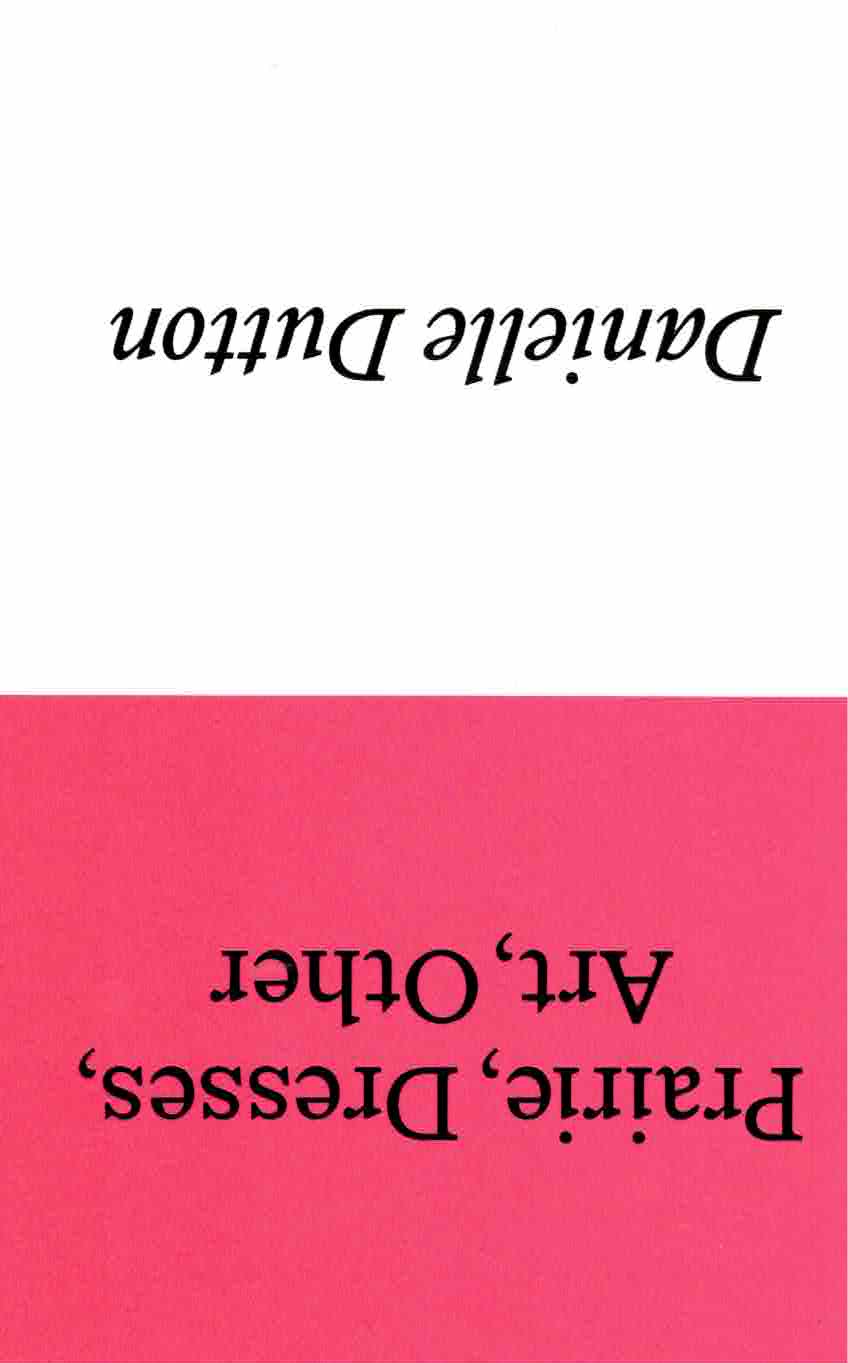
Silent Whale Letters – A Long-Distance Correspondence, on All Frequencies
Ella Finer ed., Vibeke Mascini ed., Kate Briggs ed.
An experiment in listening to frequencies beyond human sensorial range, Silent Whale Letters is a long-distance correspondence intimately attuned to the infravoice of a blue whale, a document held silent in the sound archive, and other so-called "silent" subjects.
As part of an ongoing collaboration between Ella Finer and Vibeke Mascini the letters consider how the silent document shifts the logic of the archive, figuring listening as a practice of preservation.
As the letters attune to the ocean loud with communications across time and space, the authors write about the movement of matter, of energies, wavelengths, currents and how the ocean preserves as it disperses what it carries. How does working with what we cannot see, or even hear within range, shift the parameters of attention? How does the energetic archival space of the ocean agitate and disrupt claims to knowledge, history, and power?
Moving through three years of call and response the book unfolds through "a joint meditation on the transformative potential of a note, a voice, carried from saltwater into the archive" (Rebecca Giggs).
They chart a process that is equally conceptual and intimate, theoretical and deeply personal, moving through discussions of (amniotic) undercurrents, call-and-response mechanisms, energetic wavelengths, oceanic and archival memory, mysterious scales, and the watery acoustic commons.
Edited by Kate Briggs.
Contributions by Kate Briggs and Emma McCormick Goodhart.







